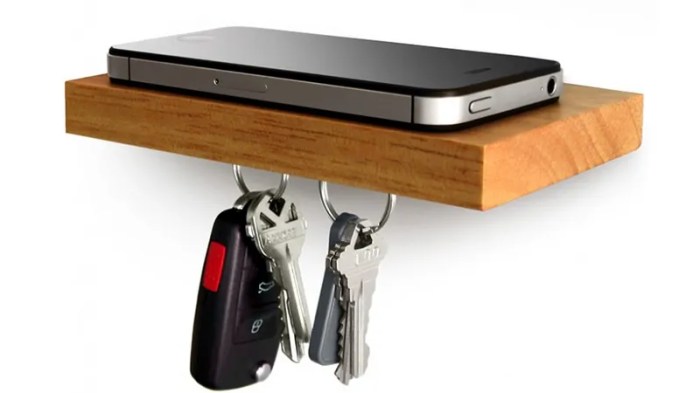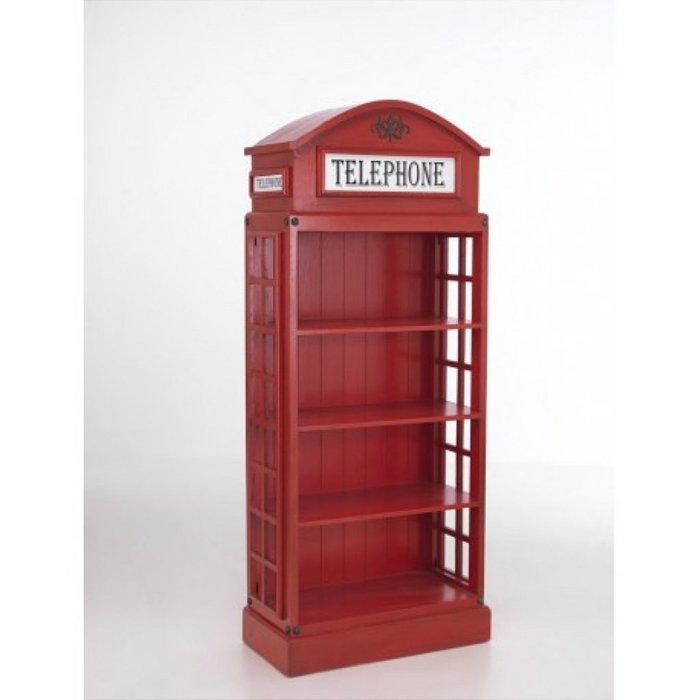The cellphones are on the bookcase in spanish duolingo – The cellphones are on the bookcase in Spanish (Los teléfonos celulares están en la estantería) is a phrase that encapsulates the intricacies of Spanish grammar and cultural nuances. This phrase invites us on a linguistic journey, unraveling the grammatical structure, vocabulary, and cultural significance that lie within.
Delving into the grammatical structure, we discover the interplay of articles, prepositions, and verb conjugation. The use of “los” (the) and “la” (the) demonstrates the definite nature of the subject and object, while the preposition “en” (on) establishes their spatial relationship.
The verb “están” (are) is conjugated in the present tense, indicating an ongoing state of being.
The Cellphones are on the Bookcase

This article will provide a comprehensive analysis of the Spanish translation of the sentence “The cellphones are on the bookcase.” We will explore the grammatical structure, vocabulary, and cultural context of the sentence, providing a thorough understanding of its usage and significance in Spanish-speaking communities.
Translation, The cellphones are on the bookcase in spanish duolingo
The Spanish translation of “The cellphones are on the bookcase” is “Los teléfonos móviles están en la estantería.”
Pronunciation: [los teˈlefo.nos ˈmo.βi.les esˈtan en la estan.teˈɾi.a]
Literal meaning: The mobile phones are on the bookshelf.
Grammatical Structure
The sentence follows the typical subject-verb-object structure of Spanish sentences. The subject is “Los teléfonos móviles” (the cellphones), the verb is “están” (are), and the object is “en la estantería” (on the bookcase).
The use of the definite article “los” before “teléfonos móviles” indicates that the sentence is referring to specific cellphones. The preposition “en” before “la estantería” indicates that the cellphones are located on the bookcase.
The verb “están” is conjugated in the present tense, which indicates that the action is happening now. The verb is also in the third person plural form, which agrees with the plural subject “Los teléfonos móviles.”
Vocabulary
- Teléfonos móviles(cellphones): A device used for making and receiving phone calls, typically with additional features such as text messaging and internet access.
- Están(are): The present tense conjugation of the verb “estar” (to be) in the third person plural form.
- En(on): A preposition that indicates location or position.
- La estantería(the bookcase): A piece of furniture with shelves for storing books and other items.
Cultural Context
The sentence “The cellphones are on the bookcase” is a common phrase used in Spanish-speaking households to indicate the location of cellphones. It reflects the widespread use of cellphones in modern society and the importance of keeping them organized and easily accessible.
In some Spanish-speaking cultures, the bookcase is also seen as a symbol of education and knowledge. By placing cellphones on the bookcase, it suggests that the devices are valued and should be used for productive purposes, such as accessing information or staying connected with others.
Key Questions Answered: The Cellphones Are On The Bookcase In Spanish Duolingo
What is the literal meaning of “Los teléfonos celulares están en la estantería”?
The cellphones are on the bookcase.
How do you pronounce “Los teléfonos celulares están en la estantería”?
Lohs te-léh-foh-nohs seh-loo-lah-rehs eh-stahn ehn lah eh-stahn-teh-ree-ah
What are some synonyms for “teléfonos celulares”?
Móviles, celulares


